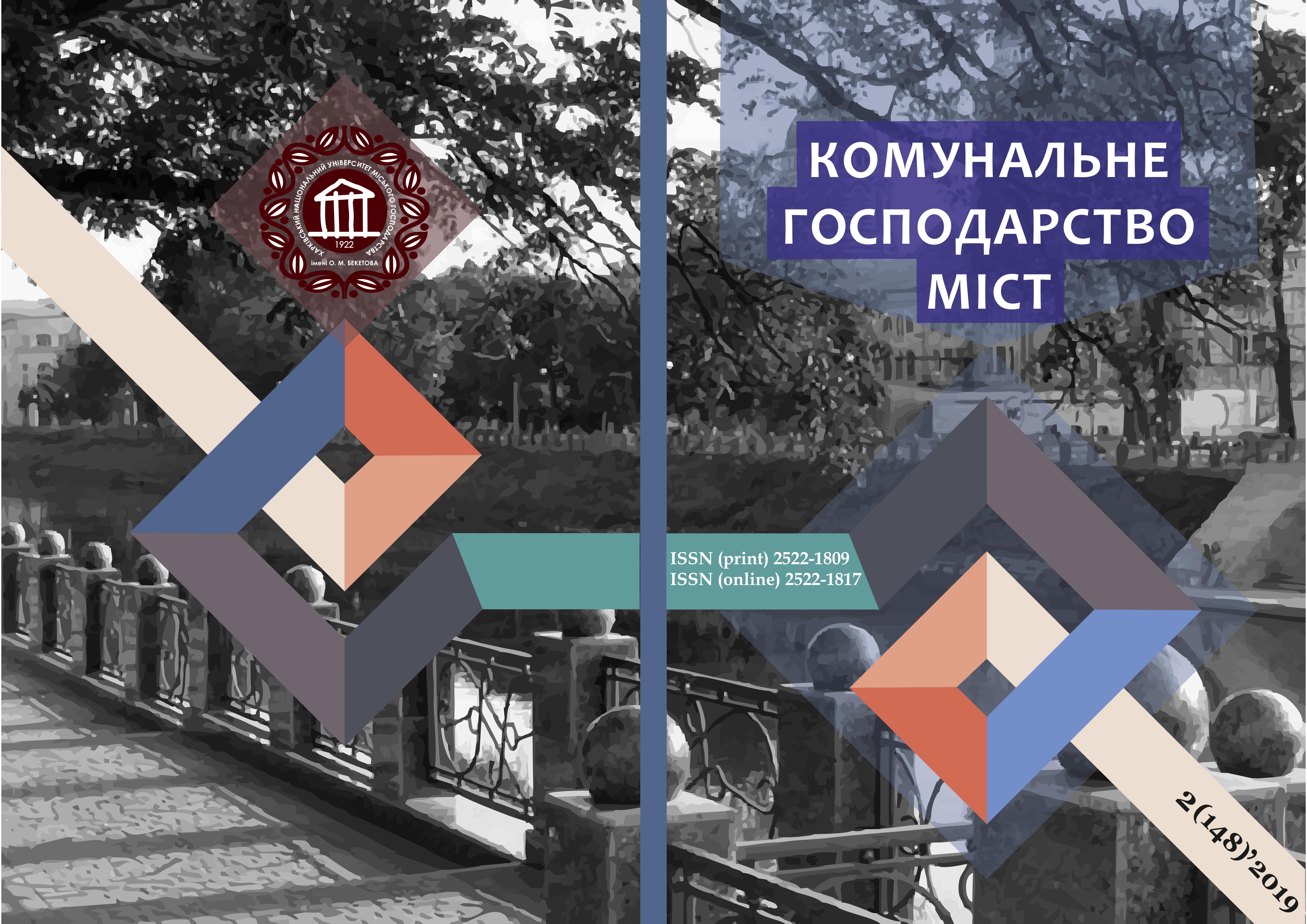DIGITAL TRANSFORMATION IN THE FIELD OF HIGHER EDUCATION IN GLOBALIZATION CONDITIONS
Array
Keywords:
digitalization, digital economy, digital transformations, digital technologies, online learning, distance learningAbstract
The global trends of digital transformation are considered and their influence on creation and introduction of innovative forms of higher education is substantiated. International experience proves that the use of mixed learning with the use of different forms of learning is most appropriate for improving the quality of education. The five digital competence blocks adopted by the EU within DigComp2.0 are considered. The legal and regulatory framework in the field of ICT and "digitalisation" in Europe and in Ukraine is systematized. According to the results of the analysis of the main global development indices, strategic guidelines for the development of ICT and digitalisation in Ukraine in accordance with the Digital Agenda of Ukraine - 2020 are systematized. Digital trends in the field of digital technologies, such as "Internet of Things", big data analyst (Big Data), Industry 4.0. According to the program documents, measures for the development of the digital economy and society of Ukraine for 2018-2020 are identified. The international experience of online education in higher education of the USA and Europe has been analyzed and the main directions of the state policy of digital education in the conditions of development of the digital economy are determined. It is proved that in the conditions of globalization the introduction of information and communication technologies into educational processes allows to provide new possibilities for updating the content of teaching and methods of teaching disciplines and the spread of knowledge, individualization of training, expanding access to educational resources, realization of the possibility of learning without restrictions on spatial and temporal characteristics with a minimum separation from performing professional duties.
Keywords: digitalization, digital economy, digital transformations, digital technologies, online learning, distance learning.
References
The Future of Jobs and Skills (2016) World Economic Forum. Retrieved from http://reports.weforum.org/future-of-jobs-2016/chapter-1-the-future-of-jobs-and-skills/
A Digital Single Market Strategy for Europe - COM (2015) 192 final Retrieved from https://ec.europa.eu/digital-single-market/en/news/digital-single-market-strategy-europe-com2015-192-final
An Integrated Industrial Policy for the Globalization Era Putting Competitiveness and Sustainability at the Center Stage final. Retrieved from https://eur-lex.europa.eu/LexUriServ/LexUriServ.do?uri=COM:2010:0614:FIN: EN:PDF
The Digital Single Market Strategy Retrieved from https://ec.europa.eu/commission/priorities/digital-single-market_en
Digital Ajdzha Ukraine 2020 (digital strategy) Retrieved from https://ucci.org.ua/uploads/files/58e78ee3c3922.pdf
About the approval of the Concept for the development of the digital economy and society of Ukraine for 2018-2020 and approval of the plan of measures for its realization (2018) Retrieved from http://zakon0.rada.gov.ua/laws/show/67-2018-%D%80
The Global Competitiveness Report 2018. Retrieved from http://www.weforum.org/reports/the-global-competitveness-report-2018
The Global Information Technology Report 2016. Retrieved from: http://reports.weforum.org/global-information-technology-report-2016/
Global innovation index 2018. Energizing the World with Innovation (2018). Retrieved from https://www.globalinnovationindex.org/gii-2018-report
Digital Economy and Society Index (DESI) 2018. Retrieved from https://digital-agenda-data.eu/
Allen, IE, Seaman, J. (2013) Changing Course: Ten Years of Tracking Online Education in the United States. Babson Survey Research Group and Quahog Research Group. Retrieved from http: //www.onlinelearningsurvey. com /reports/changecourse.pdf
Michael Horn, Keynote Speaker. Disruptive Class: How Disruptive Innovation Will Change the Way the World. NBOA. Retrieved from http://www.nboa.org/HigherLogic/ System/DownloadDocumentFile.ashx?DocumentFileKey=e247025f-65d9-4c61a853-c8c4febe1119
European Association of Distance Teaching Universities (EADTU). Retrieved from https://eadtu.eu/
Distance education in European higher education. Report 1 (of 3), 2014. The IDEAL Project. Retrieved from https://idealprojectblog.files.wordpress.com/2013/11/ideal_report_final.pdf
DistanceLearningPortal Retrieved from https://www.distancelearningportal.com/
Open Virtual Mobility (openVM). Retrieved from https://www.openvirtualmobility.eu
Massive Open Online Courses (MOOCs). Retrieved from https://www.mooc-list.com/
Organization and use of distance learning technologies in the armed forces of Ukraine (2017). National Defense University of Ukraine named after Ivan Chernyakhovsky. Retrieved from http://adl.nuou.org.ua/wp-content/uploads/2017/12/ovt-distan-navch.pdf.
Downloads
Published
How to Cite
Issue
Section
License
The authors who publish in this collection agree with the following terms:
• The authors reserve the right to authorship of their work and give the magazine the right to first publish this work under the terms of license CC BY-NC-ND 4.0 (with the Designation of Authorship - Non-Commercial - Without Derivatives 4.0 International), which allows others to freely distribute the published work with a mandatory reference to the authors of the original work and the first publication of the work in this magazine.
• Authors have the right to make independent extra-exclusive work agreements in the form in which they were published by this magazine (for example, posting work in an electronic repository of an institution or publishing as part of a monograph), provided that the link to the first publication of the work in this journal is maintained. .
• Journal policy allows and encourages the publication of manuscripts on the Internet (for example, in institutions' repositories or on personal websites), both before the publication of this manuscript and during its editorial work, as it contributes to the emergence of productive scientific discussion and positively affects the efficiency and dynamics of the citation of the published work (see The Effect of Open Access).

